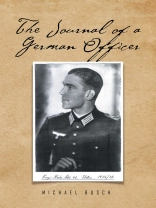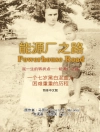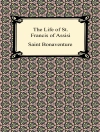Following more than ten years in England, the Busch family, with the exception of Mary, who was already at university, returned in 1958 to live in Germany, where Wilhelm had a job with Massey Ferguson, the Canadian manufacturer of agricultural machinery. Michael and his younger brother Nicholas entered the German school system and, in due course, became fluent in both English and German. Sadly, Patricia died in 1994, leaving Wilhelm living alone in his little wooden house near the town of Kassel.
Whereas his brother Nicholas remains to this day a resident of Germany, Michael immigrated in 1967 to Canada. He married Elizabeth in 1968 and has two Canadian-born sons, one of whom became a professional ice hockey player in Germany, where, over the course of his career, he electronically scanned his grandfathers diaries, returning with a flash drive for his father, Michael, to translate into English.
Having translated the turbulent years leading up to 1948 for the benefit of immediate family in Canada, Michael became convinced that his fathers journal has significant historical value for those who might be interested in the lives of ordinary Germans, citizens and soldiers, during the first half of the twentieth century. Notably, as an officer in the Wehrmacht, Wilhelm challenged the rigid army system by going all the way to the very top in order to obtain permission to marry an English woman immediately following the outbreak of World War II.
关于作者
The Journal of Wilhelm Otto Busch
Born, December 8, 1911
Died, May 25, 2012
Following more than ten years in England, the Busch family, with the exception of Mary, who was already at university, returned in 1958 to live in Germany, where Wilhelm had a job with Massey Ferguson, the Canadian manufacturer of agricultural machinery. Michael and his younger brother Nicholas entered the German school system and, in due course, became fluent in both English and German. Sadly, Patricia died in 1994, leaving Wilhelm living alone in his little wooden house near the town of Kassel.
Whereas his brother Nicholas remains to this day a resident of Germany, Michael immigrated in 1967 to Canada. He married Elizabeth in 1968 and has two Canadian-born sons, one of whom became a professional ice hockey player in Germany, where, over the course of his career, he electronically scanned his grandfather’s diaries, returning with a flash drive for his father, Michael, to translate into English.
Having translated the turbulent years leading up to 1948 for the benefit of immediate family in Canada, Michael became convinced that his father’s journal has significant historical value for those who might be interested in the lives of ordinary Germans, citizens and soldiers, during the first half of the twentieth century. Notably, as an officer in the Wehrmacht, Wilhelm challenged the rigid army system by going all the way to the very top in order to obtain permission to marry an English woman immediately following the outbreak of World War II.












